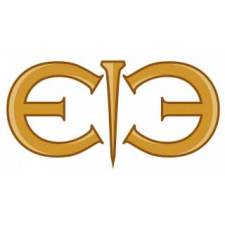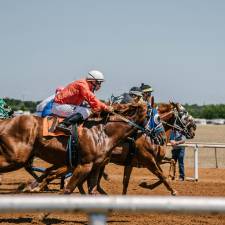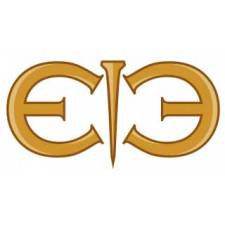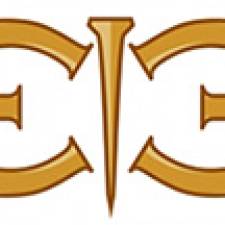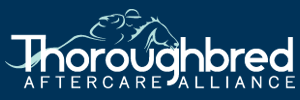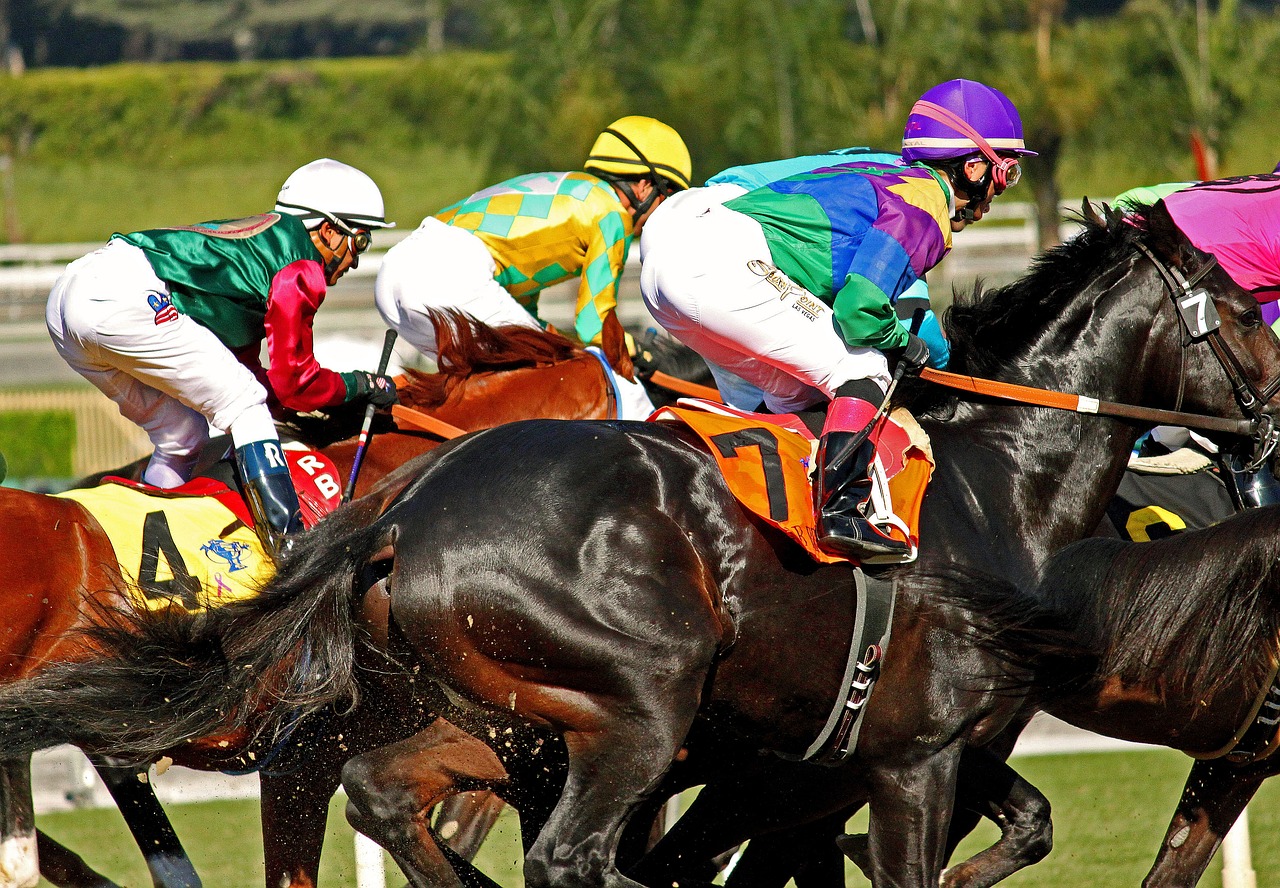
Horse racing stands as one of the most popular sports for gambling worldwide. Its deep-rooted history, which spans centuries, reflects its longstanding appeal. From the ancient chariot races of Rome to the prestigious modern-day events like the Kentucky Derby and the Grand National, horse racing has consistently attracted spectators and bettors alike.
As the sport's popularity grew, so did the complexity and scale of betting associated with it. This surge in gambling activities highlighted the need for robust regulations to ensure fair play, protect stakeholders, and maintain the sport's integrity.
Today, all major horse racing destinations have established comprehensive regulatory frameworks.
Global Gambling Regulation on Horse Racing
Europe
In Europe, horse racing and gambling regulation varies significantly across countries, reflecting diverse legal traditions and gambling cultures. The United Kingdom, home to some of the world's most famous races, like the Grand National and Royal Ascot, operates under the British Horseracing Authority's (BHA) oversight.
The BHA ensures compliance with rules regarding doping, fair play, and gambling practices.
The UK Gambling Commission regulates online and offline betting, maintaining a strict licensing system to protect consumers and ensure fair play.
North America
In the United States, horse racing regulation is primarily a state responsibility, resulting in a patchwork of regulatory frameworks. The creation of the Horseracing Integrity and Safety Authority (HISA) in 2020 marked a significant step towards national oversight, particularly in drug testing and racehorse welfare.
HISA aims to standardize regulations across states, addressing longstanding issues in the industry (WEKU).
As of 2024, horse racing betting is legal in about 41 states, with notable states like Kentucky, California, and New York having robust industries surrounding the sport. However, it remains illegal in a few states, such as Utah and Hawaii.
Moreover, these states have been the center of technological innovation and offer virtual horse racing events, which are attracting fans' interest. Moving forward, gambling on virtual events is expected to grow as sportsbooks offer more promotions like PrizePicks promo code.
Canada’s approach involves provincial regulation, with bodies like the Alcohol and Gaming Commission of Ontario (AGCO) overseeing horse racing in Ontario. The AGCO focuses on ensuring integrity and fairness in horse racing alongside comprehensive regulation of other gambling activities.
Asia
Asia offers a dynamic landscape with mature and emerging markets grappling with regulatory challenges. In Japan, the Japan Racing Association (JRA) regulates horse racing, ensuring high standards of integrity and transparency. The JRA's rigorous approach to doping control and race integrity has made Japanese horse racing highly respected internationally.
In contrast, countries like China and India face challenges balancing regulation with cultural and legal constraints. While horse racing is popular, gambling on races is often restricted or illegal, leading to significant underground betting markets.
Maintaining Integrity and Preventing Corruption
Integrity in horse racing is upheld through rigorous monitoring and transparency in betting activities. Collaborations with law enforcement agencies further enhance these efforts, promptly addressing potential corruption.
In the US, introducing HISA brings a unified approach to anti-doping and medication control, replacing the previous patchwork of state regulations. This shift aims to enhance the integrity of the sport by creating consistent standards across the country.
The centralization of these efforts helps prevent corruption and ensures that the skill and training of the horses and jockeys involved determine the outcomes of races.
Horse Welfare
Horse welfare is a paramount concern in both the US and the UK. Regulatory bodies enforce guidelines that ensure the ethical treatment of racehorses throughout their lives. In the UK, the BHA works with various charities and organizations to provide suitable post-racing care for horses, addressing their needs after retirement.
The US also emphasizes equine welfare through the regulations enforced by HISA. Comprehensive health checks, strict medication rules, and race-track safety protocols are all designed to protect the horses.
Addressing Illegal Betting and International Challenges
Illegal betting exchanges pose a significant threat to the integrity of horse racing globally. In regions like Southeast Asia, unregulated betting platforms undermine the efforts of regulatory bodies.
The lack of transparency and the potential for criminal activities, such as money laundering, highlight the need for international cooperation and stricter enforcement measures.
Efforts to combat these issues include enhancing legal frameworks and improving international collaboration. Introducing laws like Singapore’s Remote Gambling Act offers a template for other countries aiming to curb illegal betting.
This law has successfully blocked offshore gaming websites and aims to prevent financial transactions linked to unauthorized betting activities.
Final Thoughts
The future of horse racing regulation lies in the adoption of innovative technologies. Wearable sensors, AI-enabled surveillance, and advanced track surfaces are some of the advancements that promise to enhance safety and integrity. These technologies improve monitoring horses’ health and ensure that betting practices remain transparent and fair.
Regulatory bodies continue to evolve, addressing new challenges as they arise. The commitment to integrity, transparency, and the welfare of horses and participants underscores the ongoing efforts to protect the sport’s reputation and future.
You can find more intriguing articles in our section on Recreation & Lifestyle.
Are you interested in promoting your business or sharing content on EIE? Contact us at info@equineinfoexchange.com








